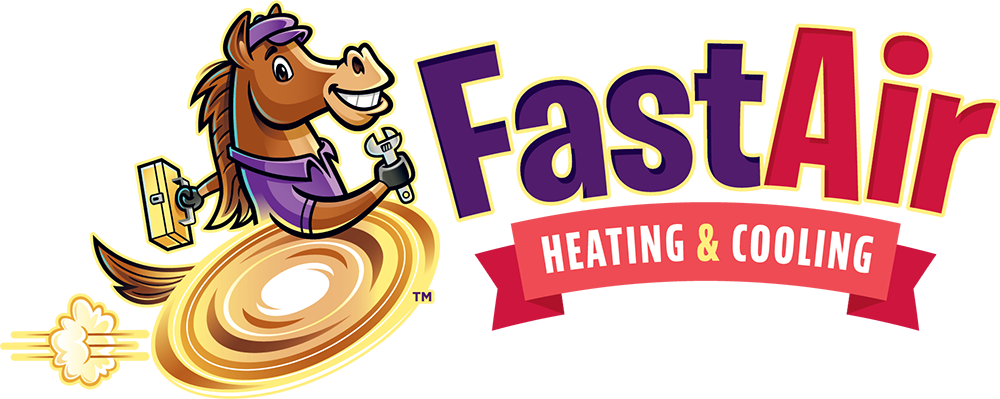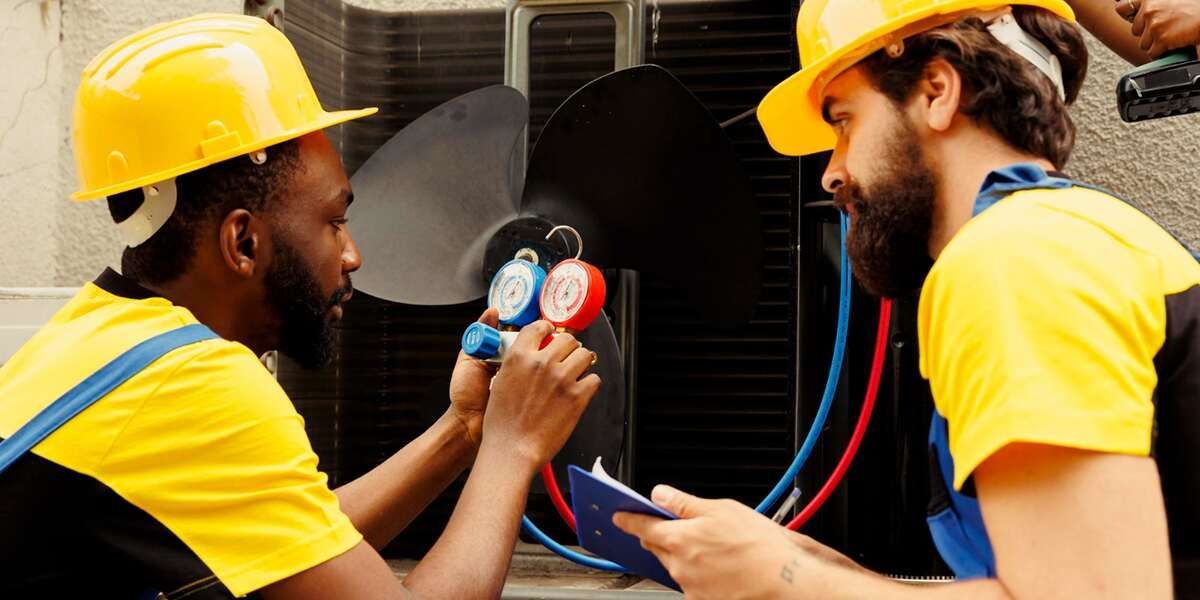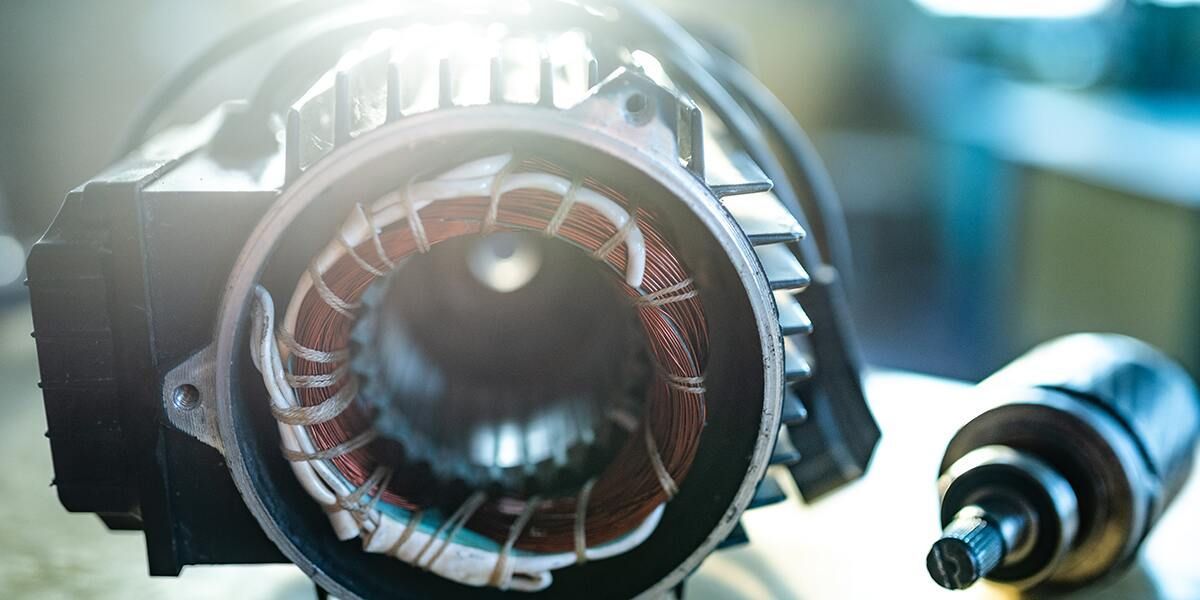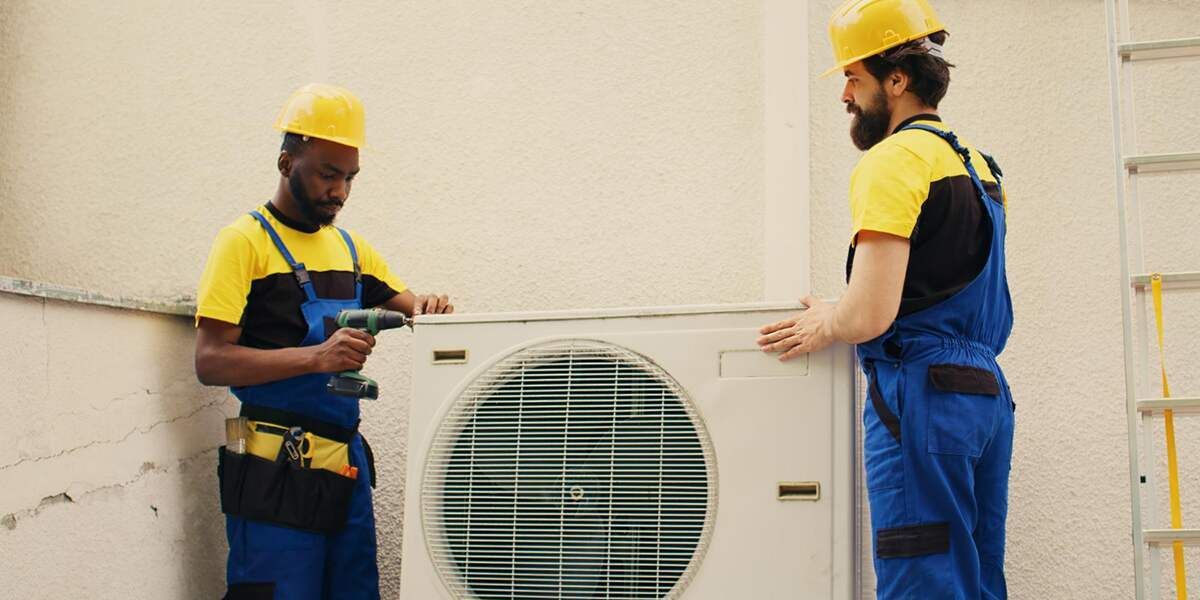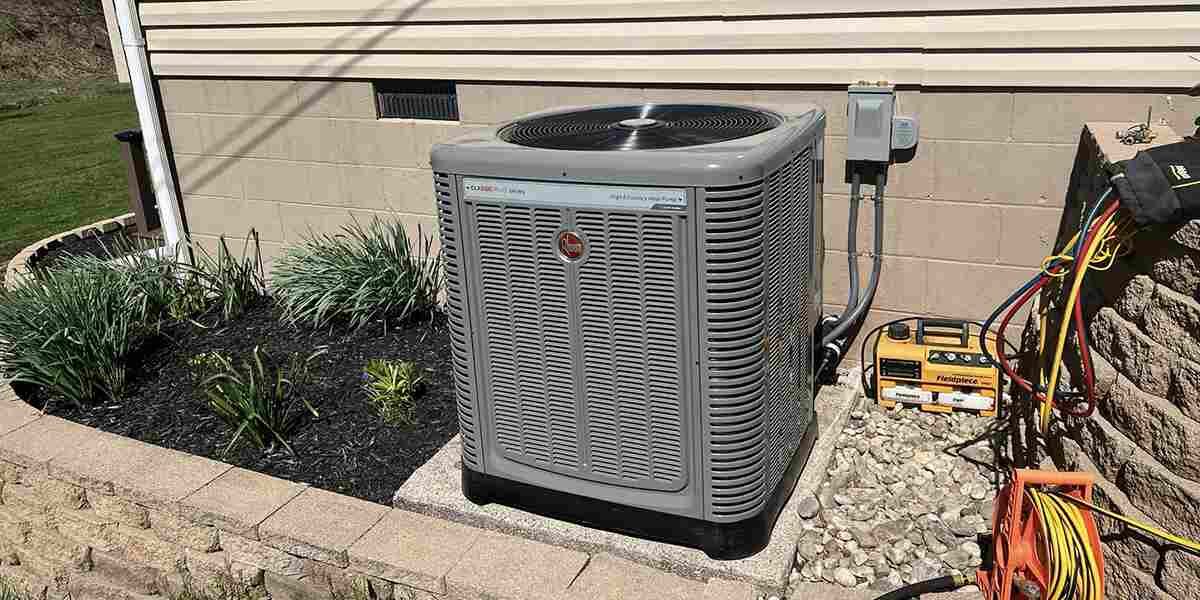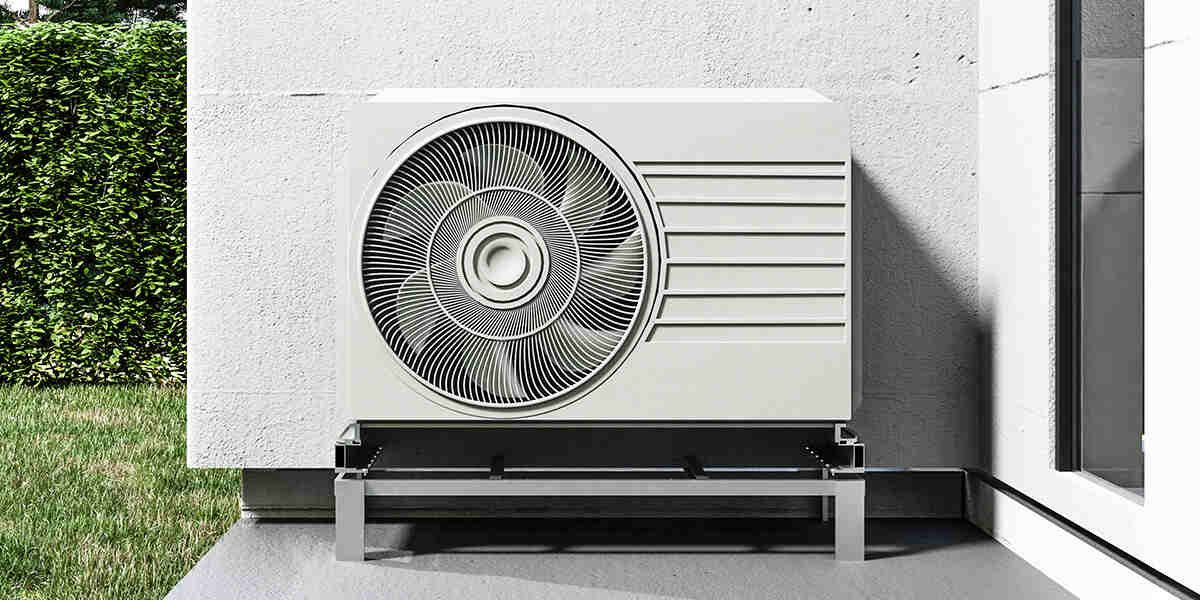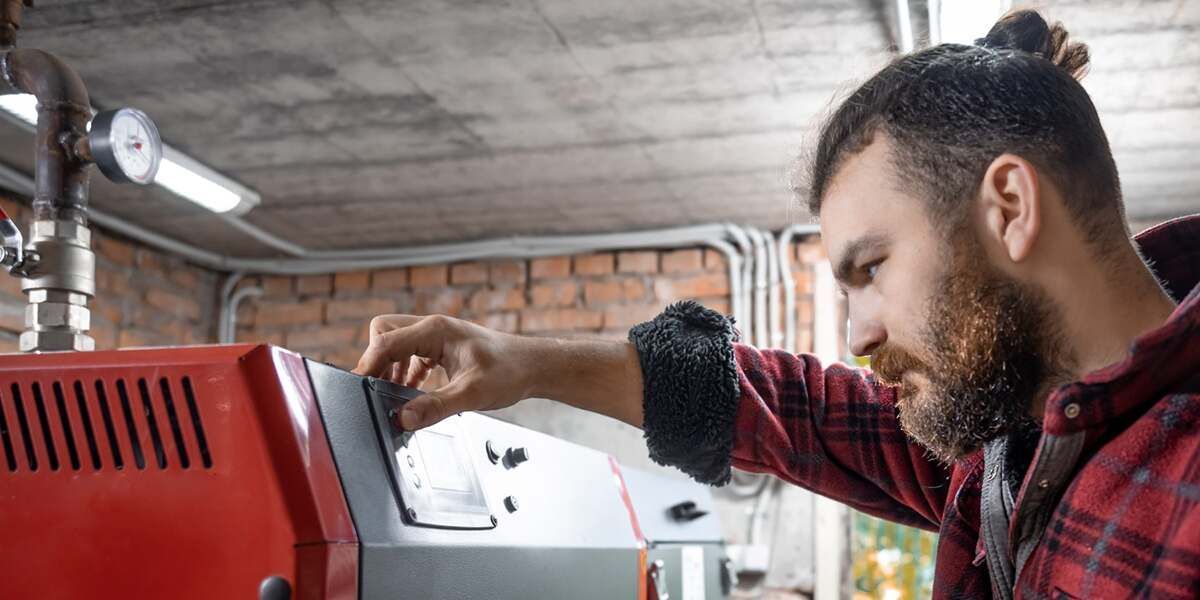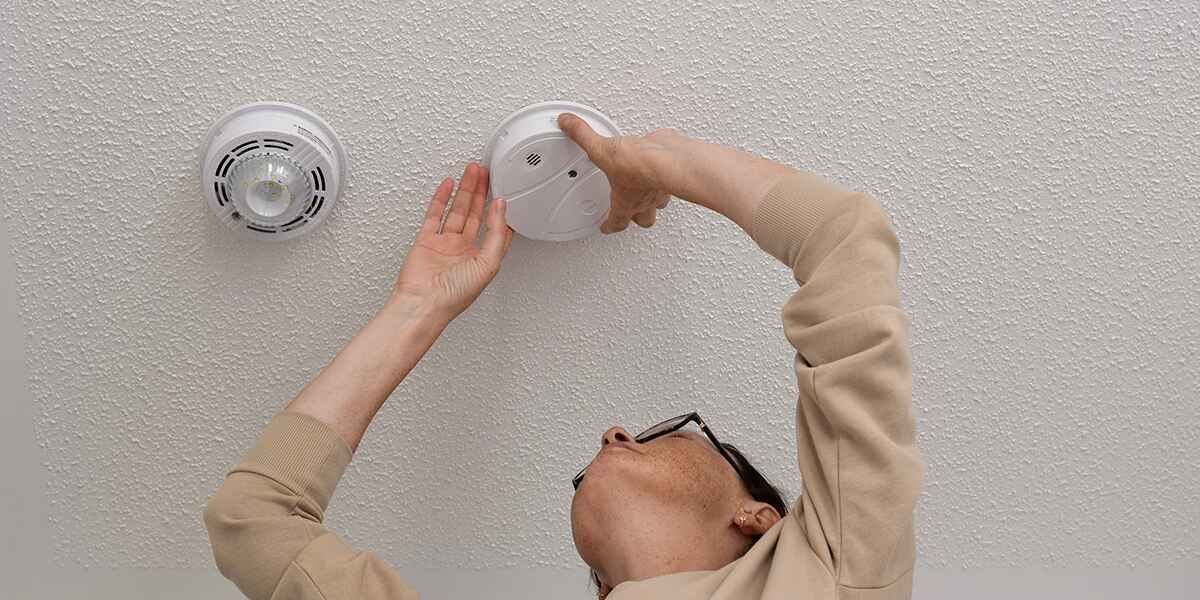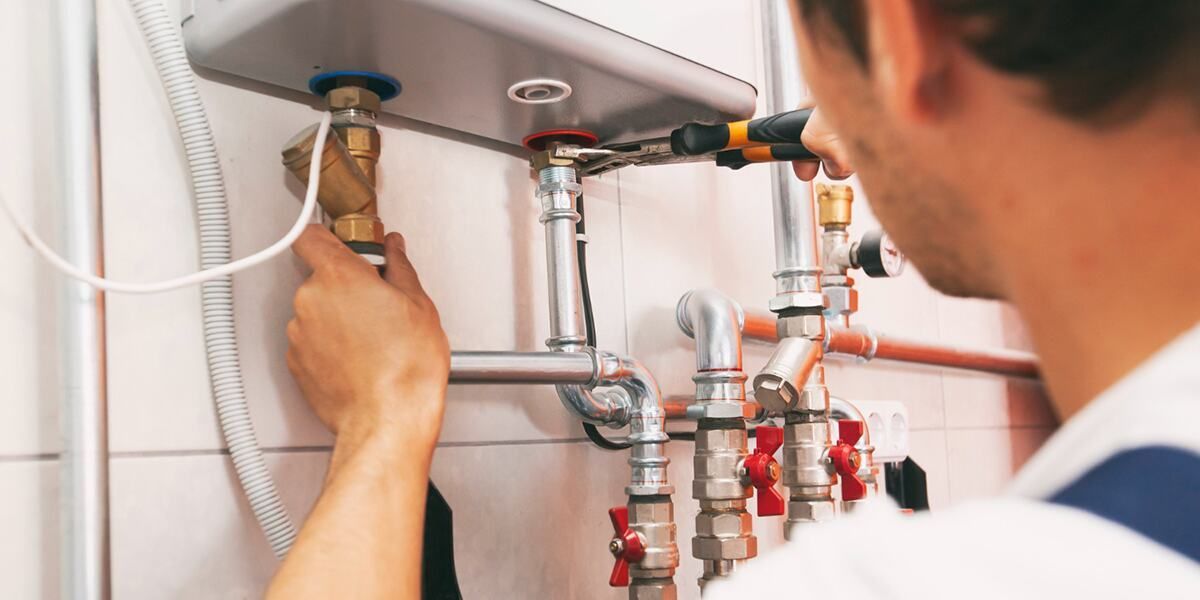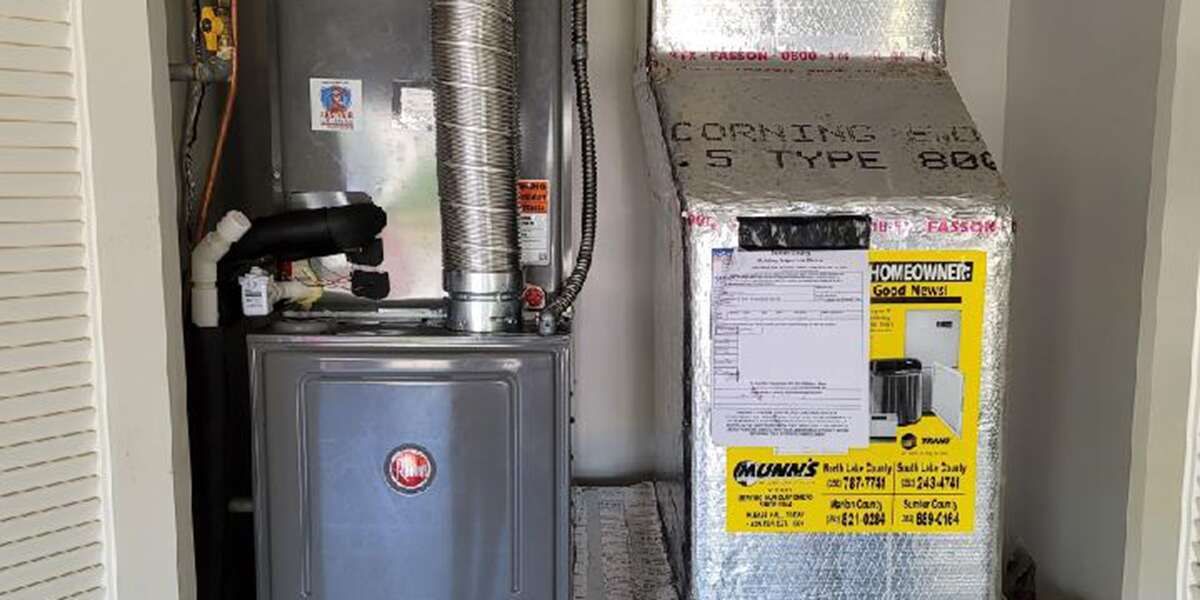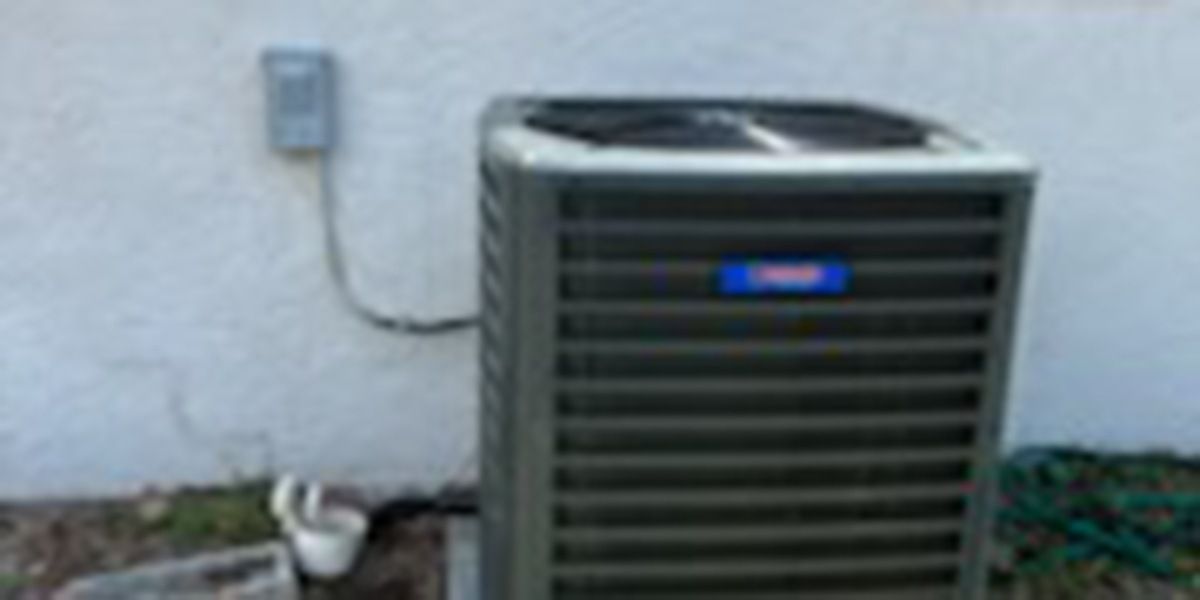EMERGENCY SERVICE AVAILABLE
How To Maintain HVAC System If You Have Pets
We all love our furry family members, but they can drastically affect indoor air quality in your house. Pets produce large amounts of hair and dander that can trigger allergies and other respiratory conditions. Pets can also affect HVAC system performance.
So today, the team at Fast Air Repair will discuss how to maintain your HVAC system when you have pets. We will talk about how pets affect your HVAC performance and provide maintenance tips to care for your system.
How Can Pets Affect Your HVAC System?
Household pets produce a lot of dander and fluff. Your vents will suck this hair in where it collects on the air filter and in your ducts. As the filter absorbs more pet hair, it becomes clogged and affects HVAC performance.
Filters clogged with pet dander restrict proper airflow, putting a strain on your system. This high-stress level can increase the chance of system breakdowns and raise your monthly energy bills. Pet hair in your HVAC can also trigger allergies and other respiratory conditions.
Maintaining Your HVAC With a Pet
Maintaining your HVAC system with a pet is a matter of making sure that their hair and dander do not get into your system. Below we list some tips on taking care of your HVAC in a home with pets.
Brush Your Pet Regularly
One of the simplest ways to reduce HVAC complications stems from brushing your pets frequently. Brushing your dog or cat reduces the dust and hair that land on the floor and eventually go through the air into your vents. If the weather allows, you should brush them outside to avoid having the hair in your house at all.
Regular brushing not only benefits your HVAC but also proves relaxing and enjoyable for your steadfast companion. If your pet sheds a lot, you can try anti-shed pet shampoos to reduce the amount of hair.
Fence Off Outside Units
If your pets go outside frequently, consider building a fence or structure around the outdoor unit. Outdoor AC units have a condenser that sucks up nearby air, and it can suck up pet hair if they wander near. The pet hair can clog your unit, leading to further HVAC problems.
Some pets may also pick up a bad habit of urinating on the unit. Pet urine is highly acidic and can eat through some metal components over time. A small fence or barrier can block the unit from outdoor pets and other animals.
Change Air Filters Frequently
Traditional wisdom says you should change your HVAC filter at least once every six to twelve months. If you own pets, you may have to change filters more frequently. Depending on how much your pet sheds indoors, you may have to change filters once every three months instead of six months.
Upgrade to HEPA Filters
Another way how to maintain your HVAC system with a pet is to upgrade to a HEPA filter. HEPA filters consist of a dense matrix of polyethylene fibers that can block and capture 99.7% of airborne particles larger than 0.3 microns. Not all HVAC systems are compatible with HEPA-grade filters, so make sure to talk to an HVAC professional before changing filters.
Vacuum Regularly
You can keep your filters around longer if you remember to vacuum regularly. Vacuuming your home keeps pet hair from infiltrating your air vents and clogging your filters. If your pet sheds frequently, you may need to vacuum every day to stay on top of things. You should also get in the habit of weekly or daily dusting to keep hair off countertops, bookcases, shelves, tables, etc.
Duct Cleaning
Many people focus on just the HVAC machinery and forget about their vents. HVAC ductwork also collects pet grime, and running your AC with dirty vents makes your home dirty. Habitually dirty ducts can also reduce air filter lifespan. Dirty ducts are also more prone to corrosion and damage.
Stop Chewing Behaviors
Many pets like to chew on furniture or other fixtures, whether due to separation anxiety or boredom. Pets can chew on HVAC wiring or piping if you are not careful and don’t watch them. Wire chewing behaviors can not only harm your pet but also cause electrical damage to your HVAC system.
Double the HVAC Maintenance
The presence of pets means you need to be extra diligent in keeping up with HVAC maintenance. Pet owners should consider getting more frequent professional maintenance and inspections. Also, tell the HVAC technician about your pets so they can check for specific signs of pet hair and dander. Failing to stick to a regular maintenance schedule can reduce your system’s energy efficiency and lifespan.
Buy an Air Purifier
If you want to further protect your HVAC, you could invest in an air purifier. Air purifiers can siphon pet hair from the air, so it doesn’t end up clogging your HVAC filters and systems. You can buy stand-alone purifiers for individual rooms or invest in a whole-house air purifier to work with your split system or heat pump.
Install a Programmable Thermostat
Programmable thermostats give you a way to monitor and control temperatures when not home to keep your pet comfortable. The ideal temperature for pets in the winter is between 96 and 72 degrees Fahrenheit, while the ideal temperature in the summer is between 76 and 78 degrees Fahrenheit. Programmable thermostats are also better at precision performance and can minimize energy usage in the long term.
Pets are a joy to have around the house, but they require extra upkeep and cleaning. Staying on top of pet hair and dander will keep your HVAC system in good condition for the long term.
Contact an HVAC Professional Today!
Pets aren’t the only animals that have an effect on how to maintain your HVAC system. Read our blog to learn how to keep mice out of your outdoor AC unit. If you would like to schedule HVAC cleaning or maintenance, contact Fast Air Repair online or call today at
(352) 290-7968!
Contact us for Service
Footer - Website Lead
We will get back to you as soon as possible.
Please try again later.
For emergency service, to get a free quote, or if you have questions or special requests, just drop us a line. We Look forward to serving you!
Hours Of Operation
- Mon - Sun
- Open 24 Hours
Emergency Service Available
All Rights Reserved | Fast Air Repair

